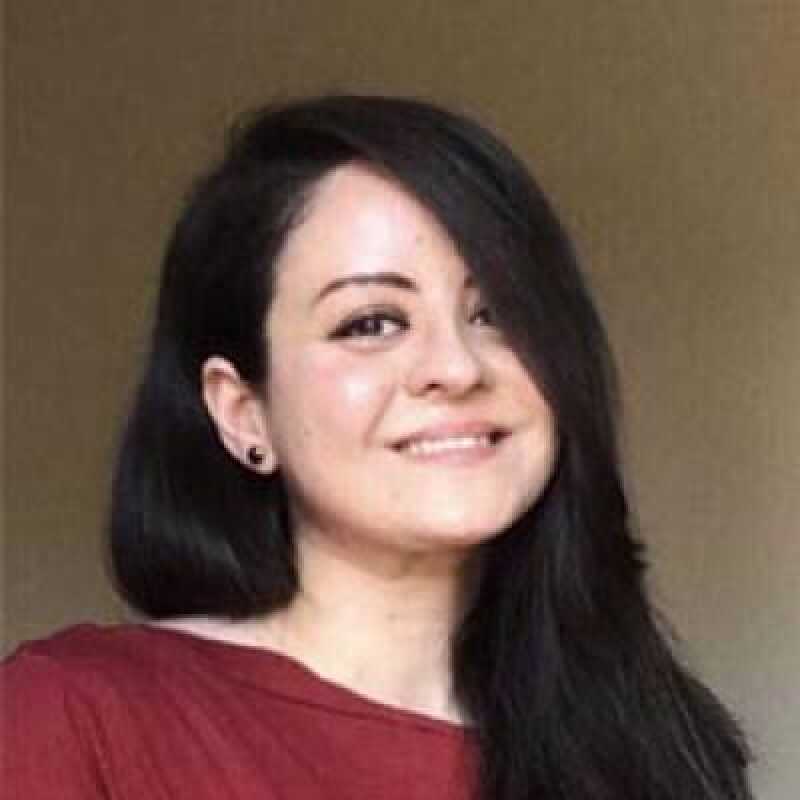Suheyla Ozen


Süheyla completed her BA degree in Psychological Counselling and Guidance at Boğaziçi University (Istanbul, Turkey). She then went on to successfully complete two master’s degrees: an MSc in Developmental Psychology at the University of Kent (Canterbury, UK) and an MA in Psychological Counselling and Guidance at Boğaziçi University.
During her BA study, Süheyla attended the Social and Behavioural Sciences Faculty of Utrecht University (Utrecht, The Netherlands) as an exchange student through the Erasmus Exchange Programme. Then, while studying for her MA degree at Boğaziçi University, she joined the Summer School of Utrecht University and assisted in the logistical organisation of the Utrecht Network Summer School, helping to prepare the internal seminars for research groups. Following this, Süheyla attended the summer school of Radboud University (Nijmegen, The Netherlands), where she attended lectures on how early life shapes human development, as well as the university’s Baby and Child Research Center, where she observed and discussed with academicians and technicians the requirements for setting up research laboratories to work with children and babies.
Since graduating from her BA studies and while pursuing her academic career, she worked as a psychological counsellor in a school setting. In this role, she worked with children and adolescents, closely supporting and collaborating with parents in order to improve their children’s psychological wellbeing and mental health.
Süheyla started her PhD at the University of Kent in September 2020. Now, she is a Postgraduate Researcher in the School of Psychology.
Süheyla is generally interested in how social, emotional and cognitive development in the first year of life is associated with development later in life.
Previously, in her MSc research project under the supervision of Dr David Kelly, she investigated typically and atypically developing infants’ behavioural responses in an interactive eye-tracking study.
In her current PhD research, she generally focuses on whether development during infancy is predictive of development and potential developmental disorders in early childhood. The main focus of her study is to detect early onset of disorders symptoms – especially autism spectrum disorder, which is not formally diagnosed until a child is at least three years of age –in the first year of life. Specifically, she examines whether behaviours and eye movements of infants are predictive of their current development and potential developmental disorders, especially autism spectrum disorder outcomes in early childhood.
Her research is a longitudinal study. She conducts detailed follow-up assessments of child development across a range of behaviours. Standardised assessments, eye tracking and coding of videos are methods that she uses to obtain detailed and comprehensive information about development during infancy and early childhood.
In conducting this research, her aims are to contribute new knowledge to the literature on early markers of autism spectrum disorder and other disorders that can help to enable earlier diagnosis and to promote early access to interventions, which may improve long-term outcomes.
Experiences
2017-2018 Research assistant at Kent Child Development Unit, School of Psychology, University of Kent (Canterbury, United Kingdom)
5/7/2014 – 20/8/2014 Student assistantship at the Summer School of Utrecht University (Utrecht, The Netherlands)
Funding
Turkish Ministry of National Education: Scholarship for postgraduate studies abroad, Turkey.
Awards
Graduated with high honour, ranked as the third of the department (BA degree in Psychological Counselling and Guidance at Boğaziçi University, Istanbul, Turkey).
Memberships
Loading publications...
Showing of total publications in the Kent Academic Repository. View all publications